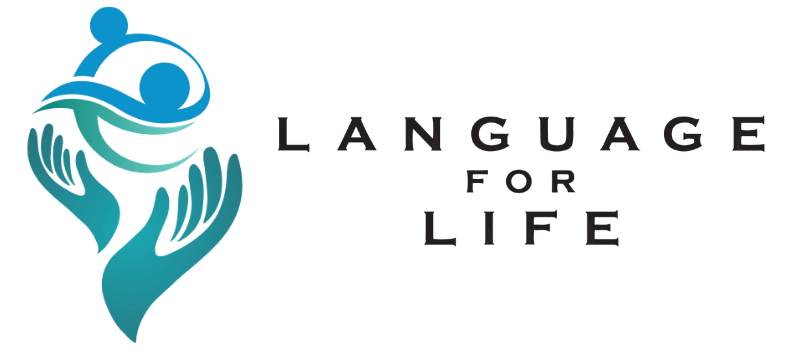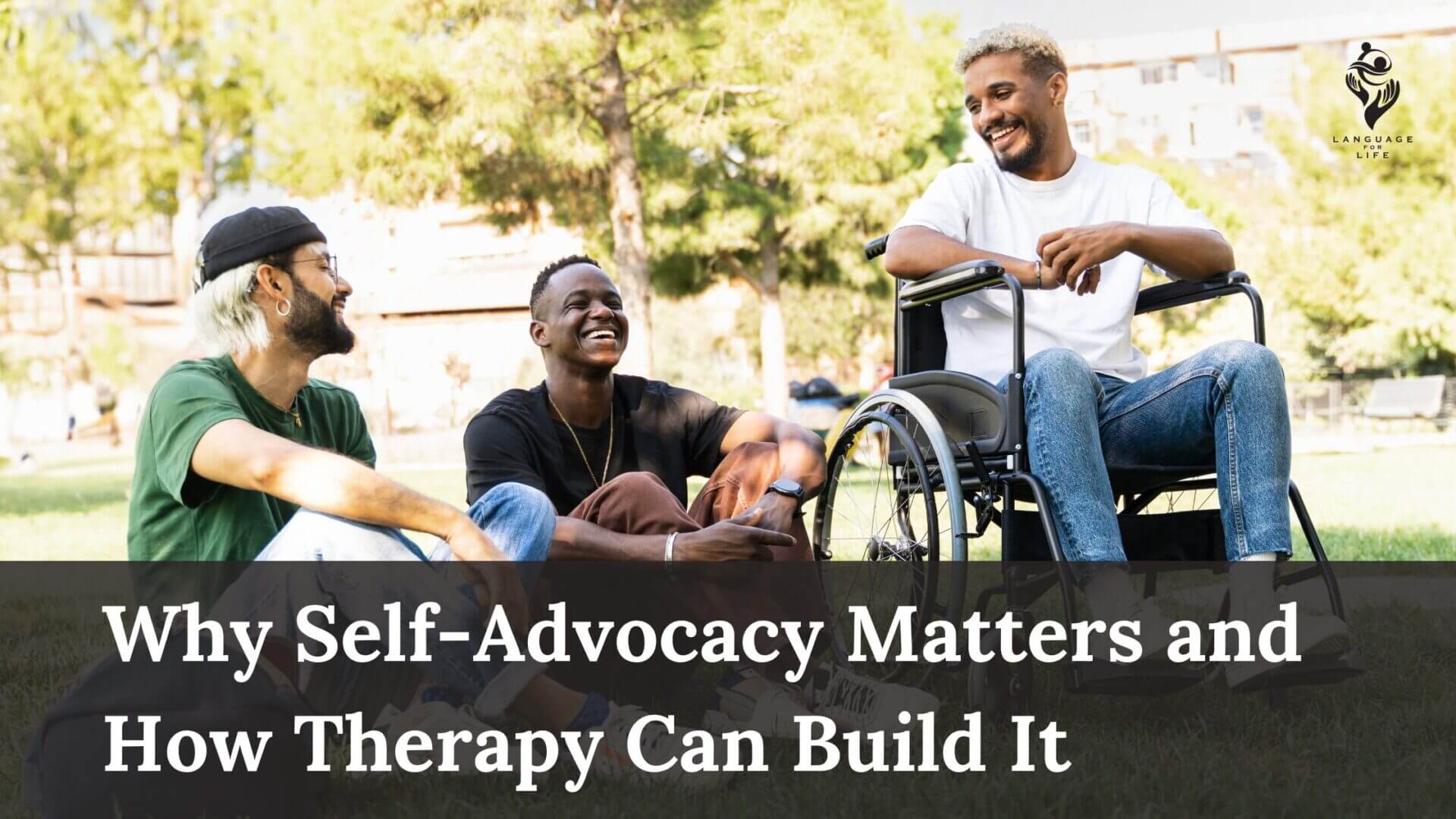Discover what self-advocacy skills are and how allied health professionals empower confidence, communication, and independence through goal-directed therapy.
The Strength Behind Speaking for Yourself
Self-advocacy is the ability to express your own needs across various areas of life. Many individuals, both children and adults, struggle with self-advocacy due to various reasons, such as fear of misunderstanding or judgment, or a lack of awareness and knowledge. Yet, it is a crucial life skill that fosters confidence and independence. To overcome these challenges, allied health professionals design goal-directed therapies.
What are Self-Advocacy Skills?
There are specific skills that an individual should possess to speak for themselves in essential situations. Such skills include;
- Understanding your own needs
- Knowing what kind of help or support is required
- Communicating effectively to fulfil those needs
Together, these skills support individuals in maintaining and enhancing self-advocacy in their everyday activities, leading towards a self-directed life. However, many people experience difficulty with self-advocacy, which can hinder their personal growth and confidence. This is where allied health professionals play a vital role in helping individuals thrive.
How Allied Health Professionals Support Self-Advocacy?
Allied health professionals, such as Occupational Therapists, Speech Pathologists, and Psychologists, play a significant role in strengthening self-advocacy. They implement theories, including goal-directed therapy, to facilitate individuals in identifying their requirements and speaking for themselves. In this approach, the therapist develops goals tailored to each individual’s requirements. These goals then act as a roadmap that guides the course of treatment. Throughout the therapy, the individual’s needs are prioritised, ensuring that every session remains purposeful. Over time, individuals learn to:
– Identify and prioritise their needs
– Work towards achieving those needs
– Communicate their requirements clearly and confidently
Benefits of Developing Self-Advocacy Skills
Strengthening self-advocacy skills is a transformative step towards personal growth. Self-advocacy skills create benefits that empower life, expanding beyond the therapy room. Such benefits include:
- Building self-confidence
- Improving communication skills
- Enhancing independence
- Overcoming fear and anxiety
- Managing difficult conditions
Accordingly, self-advocacy skills not only help individuals speak up when needed but also equip them to navigate challenges in everyday life.
Building Confidence Through Self-Advocacy
Self-advocacy supports individuals’ everyday lives and expands beyond communication skills. While enhancing communication, empowerment, and confidence, it promotes meaningful participation in everyday life. If expressing yourself feels difficult or uncomfortable, addressing this challenge is essential. At Language for Life, our allied health professionals use goal-directed therapy to support individuals in building self-advocacy and confidence. Don’t let hesitation hold you back — take the first step towards standing strong for yourself. Reach out to our team today and start your journey towards confident, independent living.
References
- Introduction to self-advocacy (understood)
- How allied health professionals support self-advocacy (goldstarrehab)
- Benefits of self-advocacy (verywellmind.)

